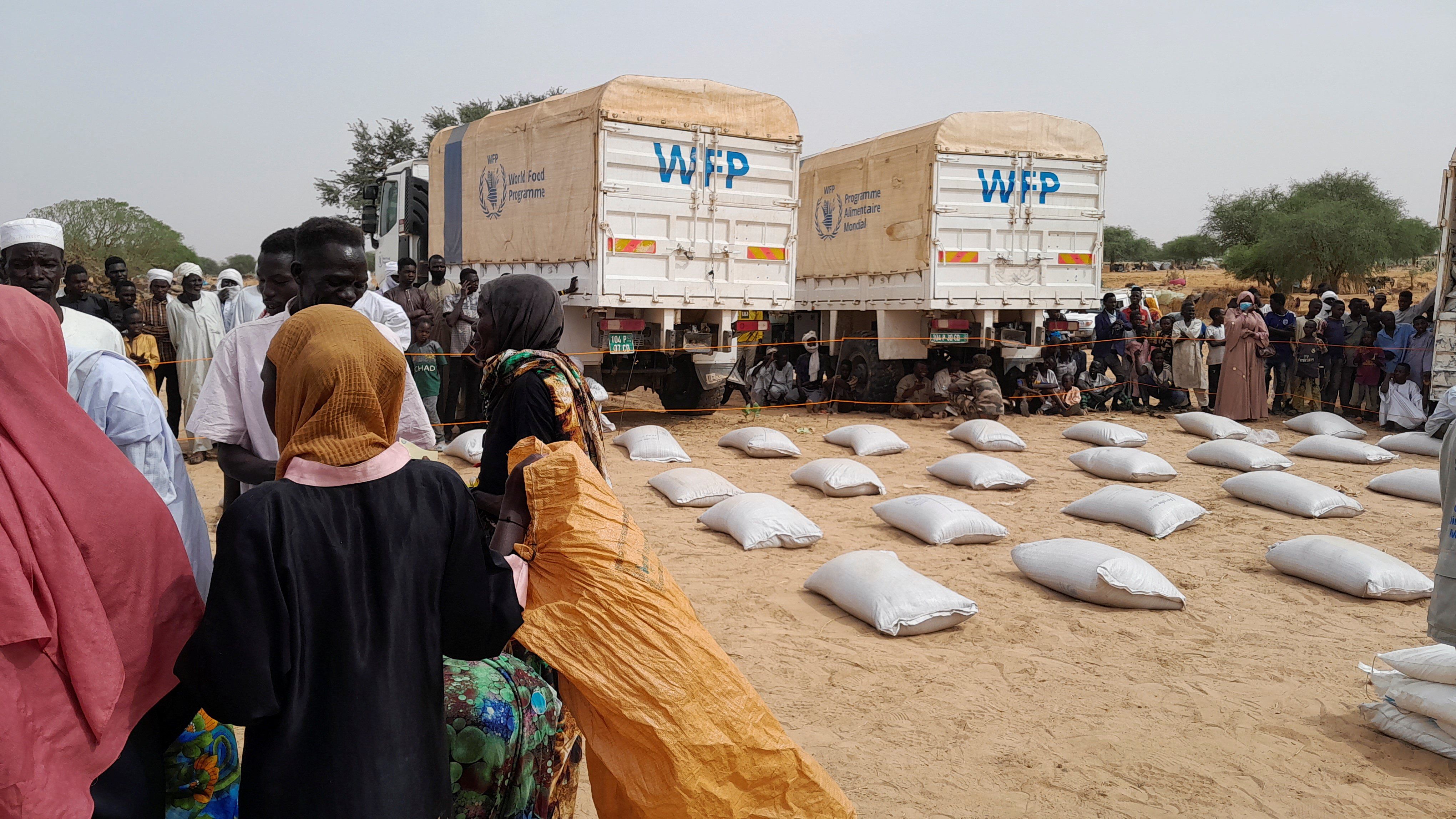April 26, 2023
As if things weren’t bad enough in Sudan, there’s now growing fear of a biological catastrophe after one of two warring military factions took control of Khartoum’s National Public Laboratory.
The World Health Organization warned Wednesday of a “high risk of biological hazard” at the lab, which stores pathogens like measles and cholera and other hazardous materials.
After militants forced lab technicians to leave, WHO said the situation was “extremely dangerous,” though it wouldn’t say which group – the Sudanese army or the paramilitary Rapid Support Forces – had seized the compound.
The two sides agreed this week to a 72-hour ceasefire that will expire on Thursday night. While fighting has ceased throughout much of the capital, allowing people to leave their homes and access food aid, clashes persist in some pockets of the city.
But things were already dire at NPL and throughout Khartoum’s health system since clashes erupted in the capital almost two weeks ago. At the lab, lifesaving treatments – including blood bags for transfusions – couldn’t be stored properly due to electricity outages. Meanwhile, officials say that 61% of the city’s health facilities aren’t operational due to shelling.
This development comes amid a greater sense of lawlessness in Khartoum after a number of former officials associated with longtime autocrat Omar al-Bashir escaped from prison.
The WHO says it is still conducting a thorough risk assessment, but the situation is deteriorating quickly as a tenuous truce frays.
More For You
- YouTube
GZERO World heads to the World Economic Forum in Davos, where Ian Bremmer lookst at how President Trump’s second term is rattling Europe, reshaping both transatlantic relations and the global economy, with Finland’s President Alexander Stubb and the IMF’s Kristalina Georgieva.
Most Popular
Think you know what's going on around the world? Here's your chance to prove it.
- YouTube
How widely is AI actually being used, and where is adoption falling behind? Speaking at the 2026 World Economic Forum in Davos, Brad Smith, Vice Chair and President of Microsoft, outlined how AI adoption can be measured through what he calls a “diffusion index.”
U.S. President Donald Trump holds a bilateral meeting with NATO Secretary General Mark Rutte at the World Economic Forum (WEF) in Davos, Switzerland, January 21, 2026.
REUTERS/Jonathan Ernst
After saying numerous times that he would only accept a deal that puts Greenland under US control, President Donald Trump emerged from his meeting with NATO Secretary General Mark Rutte singing a different tune.
© 2025 GZERO Media. All Rights Reserved | A Eurasia Group media company.
